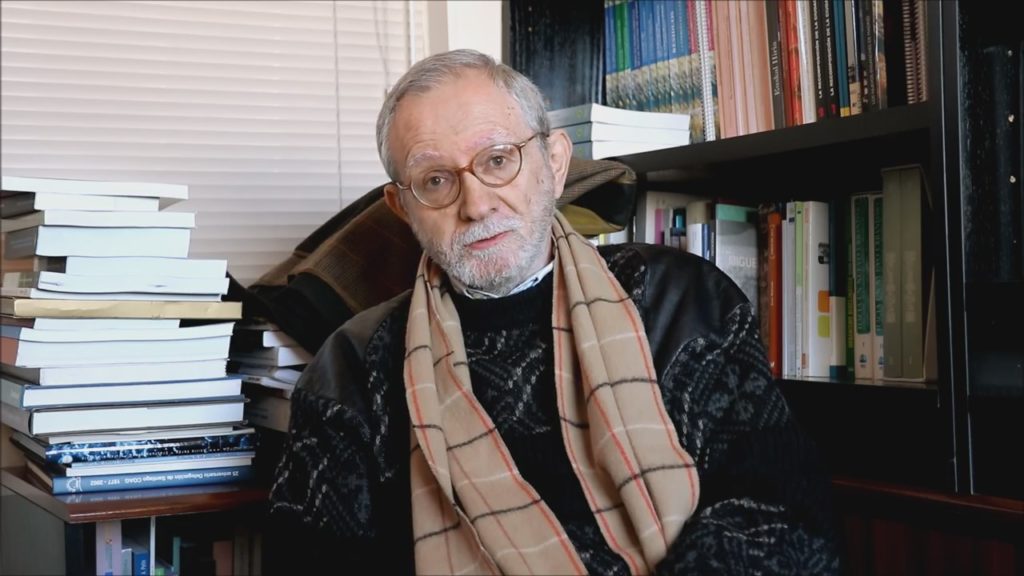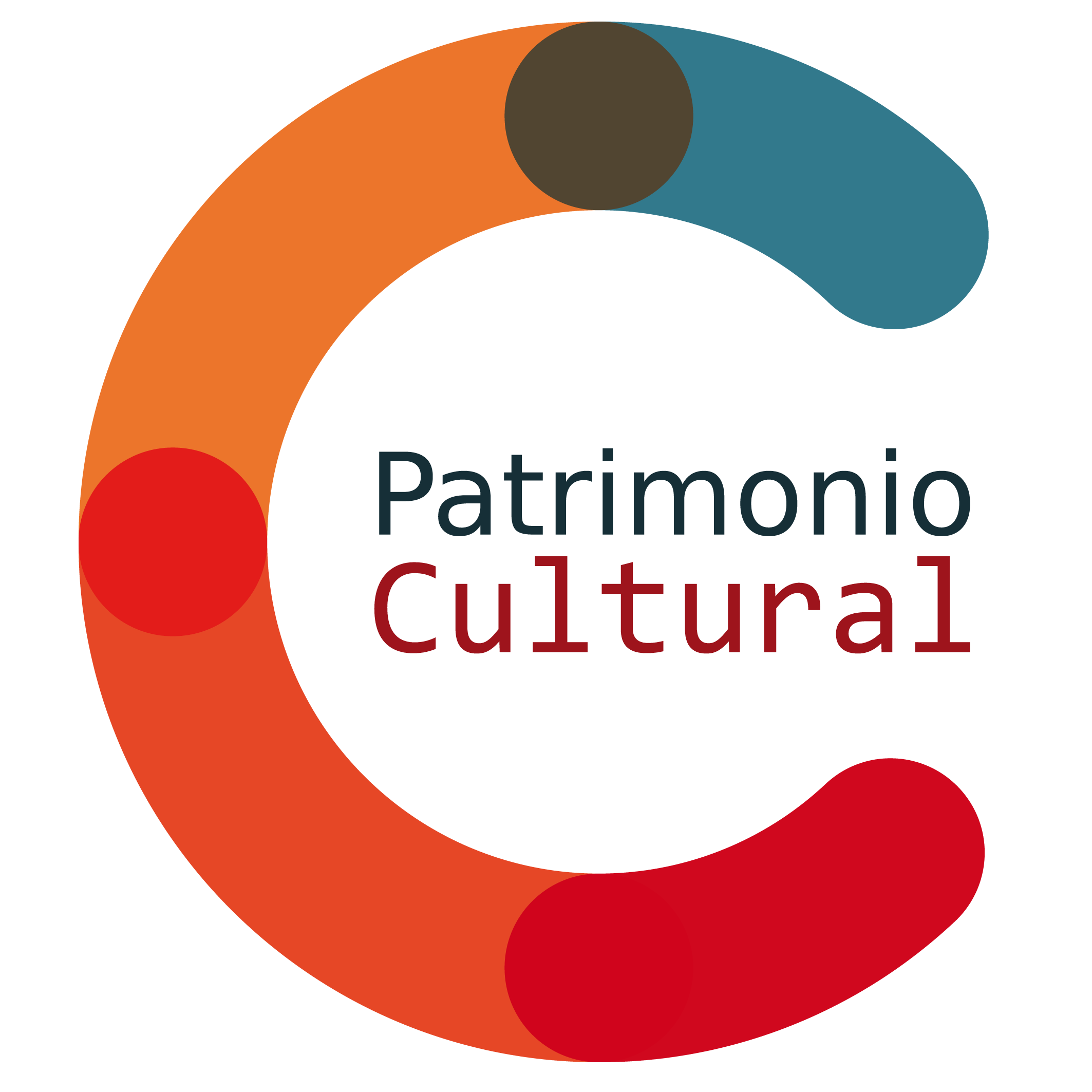Autor: Luis Hernández Español
Europa como estado de ánimo
Europe as a state of mind

Blog of José Fariña: https://elblogdefarina.blogspot.com.es/2017/12/europa-como-estado-de-animo.html
This article of Pr. Fariña is framed within the activities carried out within the subject of the Protection of the Urban Heritage and the Natural Environment. The article is a complement of the colloquium that he carries out with his students. From the beginning, the professor develops a very critical essay with the policy developed by European institutions within the framework of culture.
The most important action in recent years developed in terms of culture by the EU, the European Year of Cultural Heritage, which takes place during 2018, has as its main objective to make available to all Europeans their heritage, considering changes in the digital revolution and globalization.
Pr. Fariña makes a detailed and chronological review of the main cultural policies, begins with the approval process of a European Agenda for culture where the main strategic objectives are established (promotion of diversity and intercultural dialogue, culture as a channel of development of creativity and the promotion of culture as an essential element of the international relations of the EU). Pr. Fariña criticizes that the Council of Europe carries out a common policy destined to promote diversity, since this diversity would be one of the intrinsic characteristics of the U.E. It also critically criticizes both the second and the third objective established by the Council of Europe in 2007.
Between 2008 and 2010, a series of priority areas of action were established (improving the mobility of artists and cultural professionals, taking advantage of the potential of cultural industries, the promotion of cultural heritage, multilingualism, digitalisation, cultural tourism and educational synergies). These fields of action are interesting for Pr. Fariña but he thinks that the European institutions have overestimated their power by thinking that they could carry out all these actions in a very short period of time.
The culture is not the competence of the U.E but of the member states and for this reason the so-called MAC (Open Methods of Coordination) were created. The steps to be taken by these MACs are to agree on a series of common objectives, to monitor progress and to encourage mutual learning. The MAC is included in the resolution establishing a series of triennial work plans (Period 2008-2010, Period 2011-2014 and Period 2015-2018). From these three-year plans arose the Forums of Culture that have not had an excessive impact but have allowed to maintain a place of exchange between the affected countries. As of 2015, the U.E promotes dialogues between the European Commission and the cultural sector, Voices of Culture, which have not had the expected impact either.
In the years that have elapsed since 2007 and 2015, European policies at a European level could be said to have been highly criticizable since all of them have planned great objectives but the results have not been as expected.
Up to this point in the article, Pr. Fariña has only analyzed the theoretical framework of European policies but has not talked about what really matters, that is, Mr. Money. Now he cites a series of economic data that European cultural institutions have invested. Pr. Fariña accepts that he has invested a sum of important money, but he does not know, if the amount of money has had the expected results.
The first major policy at the European level was the Culture 2000 Program, which focused on supporting artistic and cultural projects. This program was preceded by some pilot programs such as the Kaleidoscope (1994), Ariane (1997) or Rafael (1997). It is assumed that the Culture 2000 Program was created to promote a European cultural identity. Among the initiatives of this program, I can mention the European Capital of Culture.
In recent years, the U.E has a line of action that focuses on the development of specific actions such as the European Heritage Days, the Cultural Heritage Award of the U.E and the European Heritage Label. In the following lines of the article, Pr. Fariña, criticizes these lines of action. The last paragraphs of the article are devoted to analyzing the declaration of the European Year of Cultural Heritage 2018.
After his criticism of this celebration, the author proposes a series of possible solutions and possible actions to solve this situation of great crisis in European cultural management, which would be respect, without the need for intercultural dialogue and secondly , the creation of a common culture that does not imply the practical disappearance of regional or local cultures. He concludes by saying that the current situation in Europe, in cultural matters, is disastrous and of depression, which requires a critical analysis and an urgent step by the operating room to change the course and to begin to develop policies that are effective and realistic.


Titulación
Máster Interuniversitario El Patrimonio Cultural en el siglo XXI: Gestión e Investigación
correo:
mcalleva@ucm.es
Centro / Universidad
E.T.S. de Arquitectura UPM
Contactar
© Copyright 2017 Patrimonio Cultural
Desarrollado por <a href="https://appcultura.com" target="_blank">Jansá cultura y tecnología</a>
